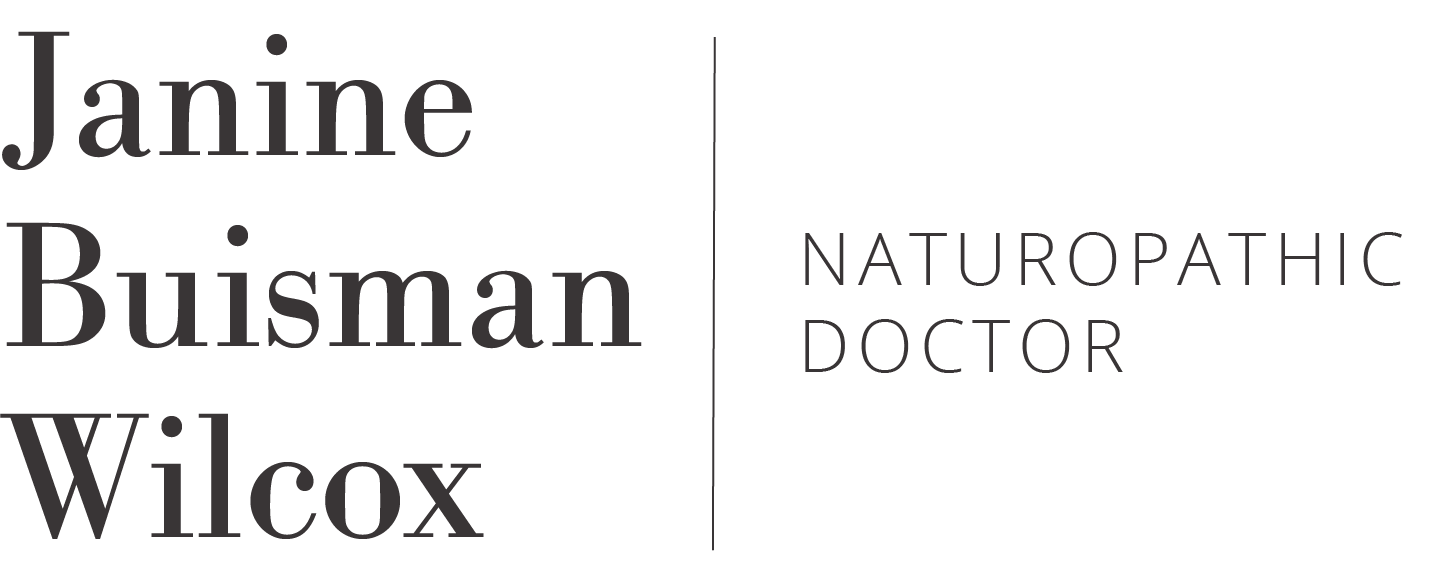Understanding Your Menstrual Cycle Part 6: Where Do Oral Contraceptive or IUD Fit Into This?
Follow me on social media, @dr.janine.nd
The last 5 weeks we’ve talked about phases of the menstrual cycle and what we’re looking for, and a questions I’ve be getting is “Where does the pill or IUD fit in?”
The truth is, we can’t lump them in the same category as they act quite differently.
Let’s get into it!
Where does the pill or IUD fit in for period health?
what happens when you take the pill:
The oral contraceptive or pill is GIVING you a dose of estrogen and progestin that blocks your own production of these hormones, and blocks ovulation. Where in a natural menstrual cycle the hormones are changing throughout the month - with the pill there is steady-state hormone while you’re taking it, and no hormone when you’re on your placebo pack.
Shifting from the steady-state hormone to no hormone will cause a withdrawal bleed that some people will call menstruation/period but is technically different.
The pill can be a great option to prevent pregnancy and manage certain menstrual related concerns but it’s not healing your hormones or regulating your cycles - it’s just giving you hormones and then you’re bleeding when you stop.
what happens when you have an iud:
The hormonal IUD is quite different and every person’s experience with this might be different.
It’s giving a low dose of progestin in the uterus which prevents pregnancy by thickening cervical fluid which impedes semen from travelling.
It doesn’t inherently block ovulation (and subsequent hormone production) but it CAN for some. In the first year of use 45-75% of people will ovulate, and by the 5th year of use 75-85% of people will ovulate.
If You Do Ovulate:
If you’re in the % of people ovulating, you are essentially having a normal cycle with normal hormone production with the bonus of typically way less or no bleeding (the uterine lining thins so you may not actually bleed even if you’re ovulating).
IF YOU DON’T OVULATE:
If you’re not ovulating then you’re not making hormones and will not experience cyclical symptoms. Suppression of ovulation is more common in the early months (due to the higher initial hormone release), but decreases overtime.
I hoped this helped answer some questions you have about your cycle!
The pill and IUD can be great tools, but they do make it trickier to know what’s going on with the underlying hormones.
Thank you for following this series with me, if you missed previous parts of this series, be sure to check them out to get the full picture of your amazing cycle.
Disclaimer:
This content is for informational and educational purposes only and is not intended to be a substitute for professional medical advice, diagnosis, or treatment. Always seek the advice of your physician, naturopathic doctor, or other qualified healthcare provider with any questions you may have regarding a medical condition or health concern. Never disregard professional medical advice or delay seeking it because of something you have read here.
Hi, I’m Dr. Janine, ND
I’m a Naturopathic Doctor currently practicing in Guelph, Ontario, Canada.
I truly believe that our enjoyment of life is closely tied to how we feel physically. When we’re healthy, we can take on anything. But when we feel off, even the simplest tasks become overwhelming. I’ve been through hormonal shifts, sleepless nights as a parent, and the stress of balancing everything. But I also know that with the right strategy, we can go from surviving to thriving—and create a healthy, thriving family in the process.
I look forward to meeting you soon.
- Dr. Janine, ND
Follow me on social media, @dr.janine.nd




